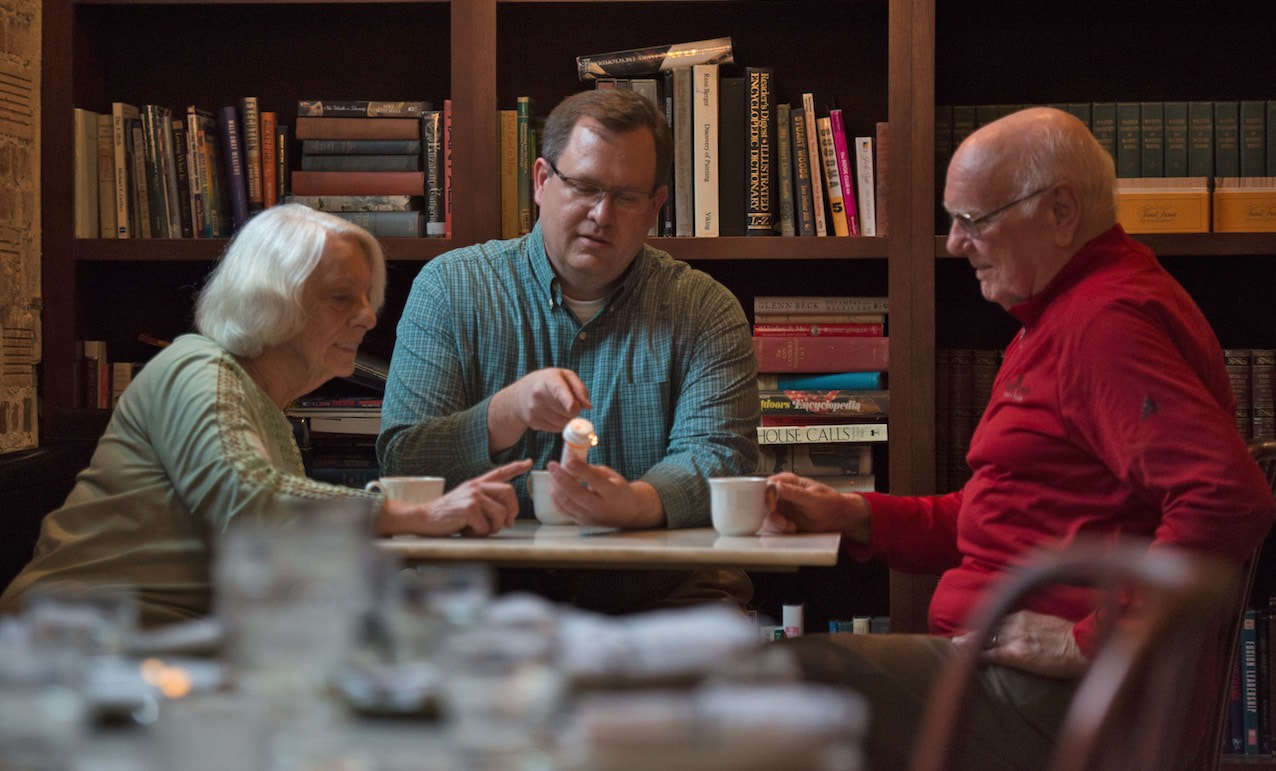|
Rep. Frank Pallone, who has represented parts of Monmouth County in Congress for 30 years, has drafted a bill that would provide welcome relief for families caring for elderly relatives. The legislation, titled the Medicare Long-Term Care Services and Supports Act, would expand the Medicare program to help cover the costs of long-term care – including in-home care. Significantly, the congressman proposes reimbursement for services provided not only by professional caregivers, but also by family members themselves. Pallone faces an uphill battle, to be sure, but the language of the bill recognizes an important fact about elder care that rarely gets acknowledged: Caring for an elderly parent or relative puts a tremendous strain on family members – not only emotionally but also financially. The exorbitant costs of long-term care are well documented (click here for a previous blog post citing various studies and statistics.) What’s not as well understood is the financial impact on family members who help care for an elderly parent or relative. A recent study by insurer Northwestern Mutual sheds some much-needed light on the subject. A survey of more than 1,000 caregivers found that while about half said they were ill-equipped to provide financial support to an elderly relative, two-thirds drew on their own limited resources to do so. Indeed, a third said they spent at least 20% of their monthly budget on caregiving-related expenses such as food, medicine and transportation. “There’s an alarming financial impact from being a caregiver,” said Kamilah Williams-Kemp, vice president for long-term care at Northwestern Mutual. “For some people, those costs can take up a lot of their financial budget.” According to the Bureau of Labor Statistics, about 41 million Americans, age 15 or older, provided unpaid eldercare from 2015-2016. Nearly half of the survey respondents said they took on their roles as caregivers suddenly and unexpectedly. “If caregivers haven’t planned ahead of time, they end up making some rash decisions about how to absorb their caregiving costs … like withdrawing from savings and working more,” Williams-Kemp said. “Those can have long-term repercussions for the caregiver.” And it’s not just the money. Caring for an elderly person who is physically challenged or cognitively impaired can take a very real toll on the caregiver’s relationships and lifestyle. Consider these other findings from Northwestern Mutual’s study:
The bottom line: Caring for an elderly parent or relative is hard work, requiring real sacrifices in time and money. Compensating family members for those sacrifices is a key element of Pallone’s proposal to expand the scope of Medicare. (Click here for the complete text of the bill or here for a section-by-section summary prepared by Pallone’s office.) Currently, Medicare provides very limited coverage for long-term care – namely, for individuals recovering from a serious illness or injury in a rehab facility, including a nursing home. But the benefit runs out after 100 days. And there’s no benefit for in-home care of any kind. In many cases, elderly people requiring the services of in-home nurses or aides are forced to exhaust their life savings in order to qualify for Medicaid, which then can be used to cover the cost of a nursing home. “Today, a senior will spend an average of $140,000 in out-of-pocket costs on long-term care, and more than 15% of seniors will incur costs in excess of $250,000,” according to Pallone’s office. In a statement released earlier this month, Pallone said: “The growing need for long-term care is one of the greatest threats to retirement security for American seniors, and the adult children who care for them. It’s time to expand Medicare to include a long-term care benefit so that millions of seniors and individuals with disabilities no longer have to face financial ruin before they get assistance.” Among the highlights of Pallone’s bill:
I’ve been following Pallone since my days as a cub reporter at the Asbury Park Press, when he was still a member of the New Jersey Legislature. I’ve always found him to be a straight shooter – a politician who is more concerned about solving problems for his constituents than scoring points with ideological purists. But it’s doubtful such a bill can advance in the current political climate.
If nothing else, Pallone’s proposal should stimulate much-needed debate about how the country takes care of its rapidly growing population of senior citizens. Consider: There are currently 48 million seniors in the United States, according to the Census Bureau, including 1.3 million in New Jersey. By 2060, the nationwide total is projected to more than double – to 98 million. Written by T.J. Foderaro
0 Comments
Leave a Reply. |
AuthorT.J. Foderaro Archives
February 2020
Categories
All
|
Copyright © 2023, Twin Lights Home Care, All RIghts Reserved

 RSS Feed
RSS Feed
